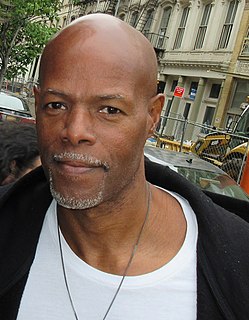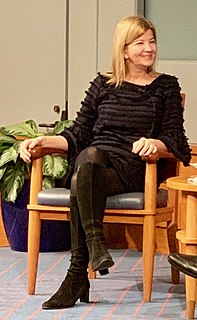A Quote by Michelle Singletary
You don't need to waste money on a fancy program or app to do a basic budget. I've been using a simple Excel spreadsheet since 2005 to track my monthly budget.
Related Quotes
When you raise the budget, you make creative compromises. The higher the budget goes, the more cuts in your movie happen. When people talk about how movies are watered down, that's a direct reflection of money and budget. The less money you spend; the more risks you can take. That doesn't mean it will be successful, but at least you can try different stuff. The higher your budget is, the less you can do that.
I have long been in favor of a balanced budget restriction at the level of the federal government of the United States. Because the federal government has money-creating powers it can, in fact, be very damaging if it runs a series of budget deficits. With the state government in the United States, they don't have money-creating powers. The automatic discipline imposed by the fact that they are in a common monetary unit and don't have control over the money power means that the balanced budget restriction is less needed.
A budget is not an issue. I mean a budget is used if you need more weeks or more time or more elements, but the creative process is exactly the same. In some instances you become more of a boss when you are doing a small movie. So that is not so relevant. The only thing is that the bigger a movie is in terms of budget, is that there are more people giving opinions.
When I said that something was going to cost a certain amount of money, I actually knew what I was talking about. The biggest problem that we were having on the financing front was people with lots of money saying "you need more money to make this film [Moon]," and us saying "no this is the first feature film we want to do it at a budget where we sort of prove ourselves at the starting end of making feature films; we can do this for $5 million." That is where the convincing part between me and Stuart came, we had to convince people with money that we could do it for that budget.

































